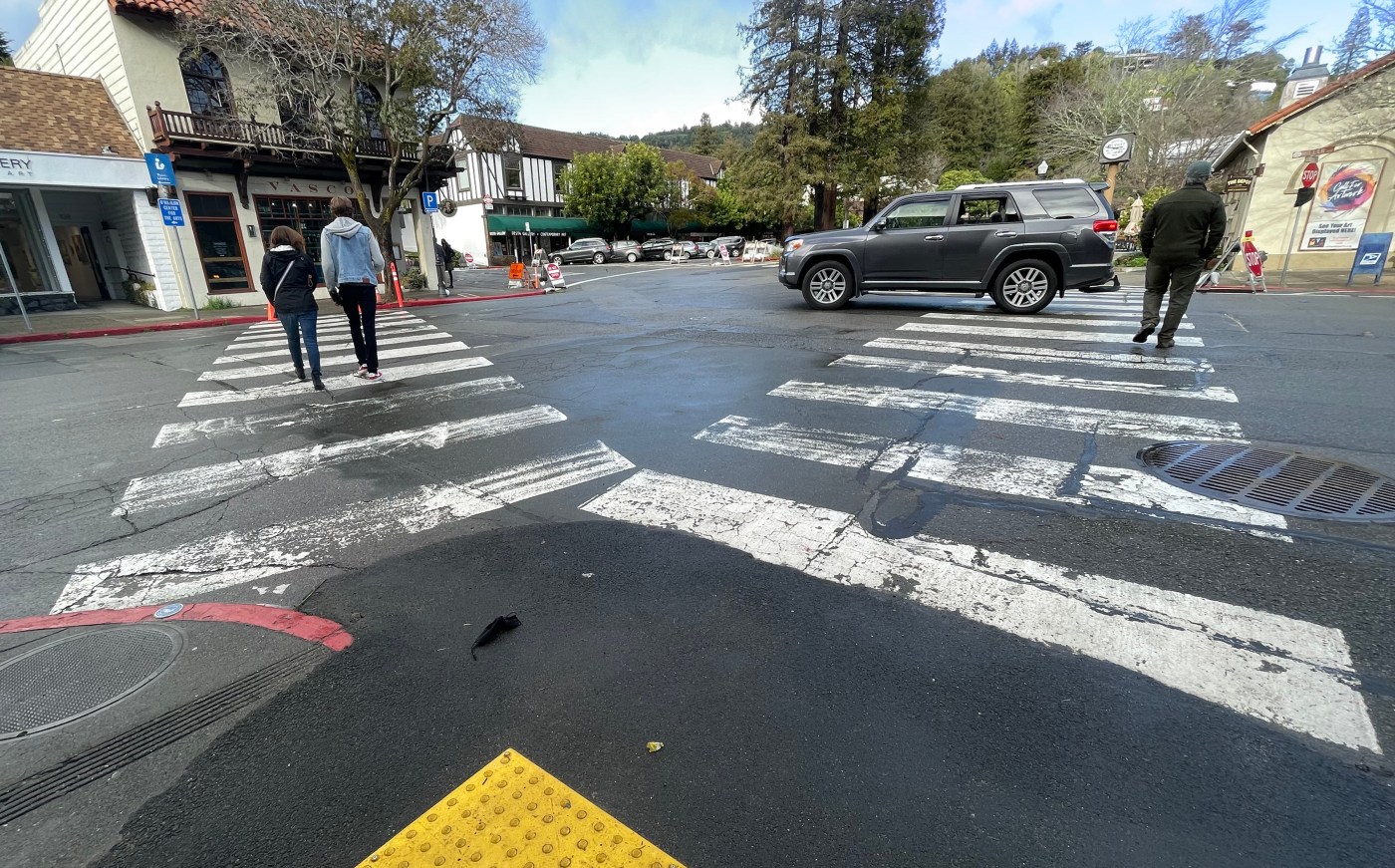Gate City officials have decided to postpone key decisions regarding zoning amendments, a recently installed mural, and regulations for food trucks operating in the downtown area. The Gate City Town Council will reconvene for a work session on November 13 to further discuss these issues.
During a meeting held on November 5, the council conducted three public hearings. These included proposals to amend residential zoning classifications R-1 and R-2 to allow for tiny homes measuring 400 square feet or less, the consideration of a special use permit for a mural at the intersection of Kane and Jackson streets, and a proposed reduction of building setbacks in the C-1 and C-2 commercial districts.
The discussion on tiny homes generated significant feedback. Planning Commission member Vickie Roberts, who announced her resignation during the meeting, sought clarification on whether such homes would require plumbing, electrical wiring, and permanent foundations. Town Attorney Michele Brooks confirmed that state building codes necessitate utility services for tiny homes, which must also be situated on the same lot as a primary residence that adheres to local zoning regulations. Roberts emphasized the need for tiny homes to have separate utility service accounts. Brooks added that these homes would require special use permit approval.
Concerns were raised by residents regarding the enforcement of size requirements for tiny homes. Town Manager Greg Jones, who also serves as the town zoning administrator, explained that while the town issues zoning permits, enforcement of building codes falls under the jurisdiction of the county building inspector’s office. Residents also questioned whether two buildings under construction on Benton Drive qualified as tiny homes. Jones clarified that the permits for those structures were categorized as residential but not classified as tiny homes.
Mayor Jamie Lawson and the council agreed on the necessity for additional information regarding the zoning implications of tiny homes and the potential adjustments to setbacks in commercial districts. Lawson noted that many existing structures in the business district are already positioned near property lines or public rights-of-way.
The topic of food trucks also emerged during the meeting. Jones relayed concerns from restaurants along downtown Jackson Street, indicating that food trucks operating during events might detract from their sales. Council Member Allen Dougherty suggested that food trucks should be required to pay meals taxes on their sales or obtain a business license. Brooks indicated that she would research the legalities surrounding potential regulations for food trucks, including the possibility of temporary business licenses.
The council’s deliberations also included two murals recently contracted by Gate City Frontier. One mural, located at the intersection of Kane and Jackson streets, was subject to a public hearing and received council approval for its special use permit. The second mural, positioned on the retaining wall of Sam’s Auto Service facing Water Street, garnered substantial public comment. The owner of Sam’s Auto Service had declined to sign a permit application due to concerns that it would render him responsible for the costs associated with a public hearing.
Roberts raised the issue during a prior meeting, stating that an unnamed council member had contacted the owner to express concerns about Gate City Frontier’s intentions, suggesting that the owner could face legal repercussions related to the mural. Lawson reassured attendees that the council is supportive of the murals, expressing a commitment not to remove them, as they contribute positively to the town’s image.
Following the discussions, the council agreed to convene a work session on November 13 at 18:00 at Town Hall. The regular council meeting originally scheduled for November has been rescheduled to November 18 at 18:00 due to Veterans Day. The outcomes of the upcoming work session could significantly impact the future of zoning regulations and business operations in Gate City.







